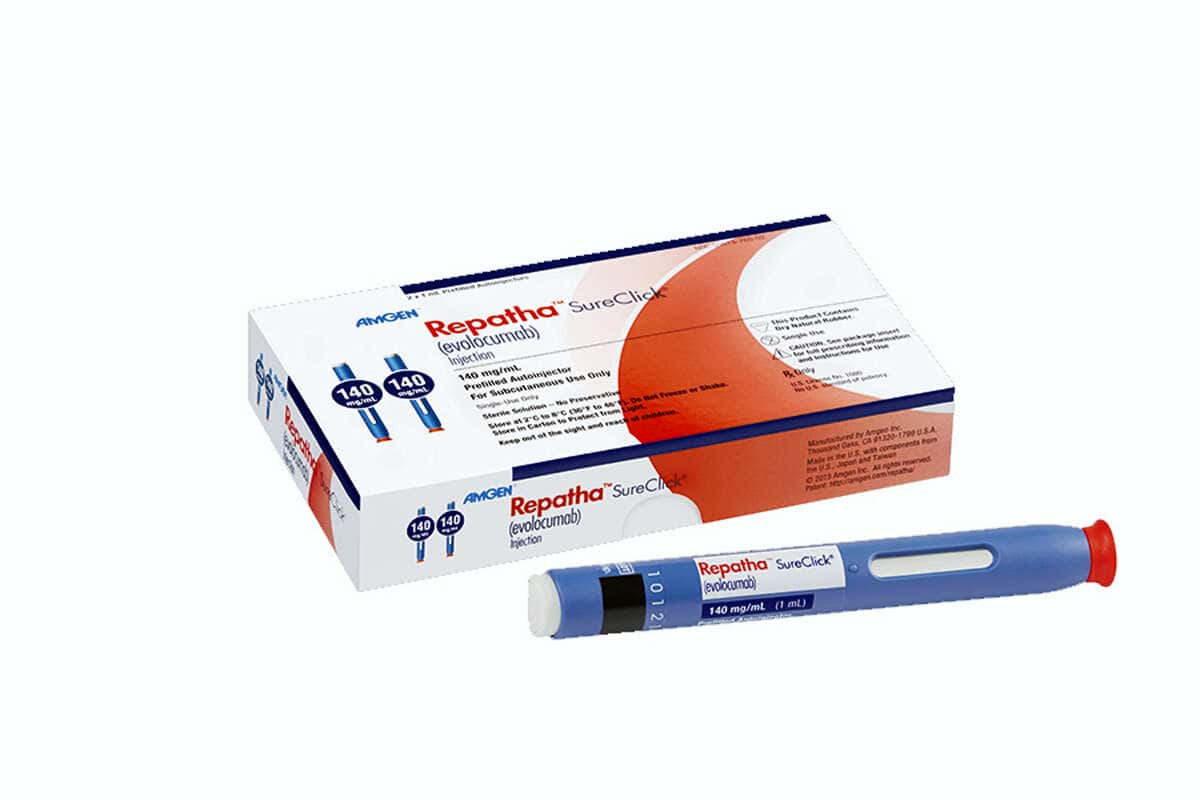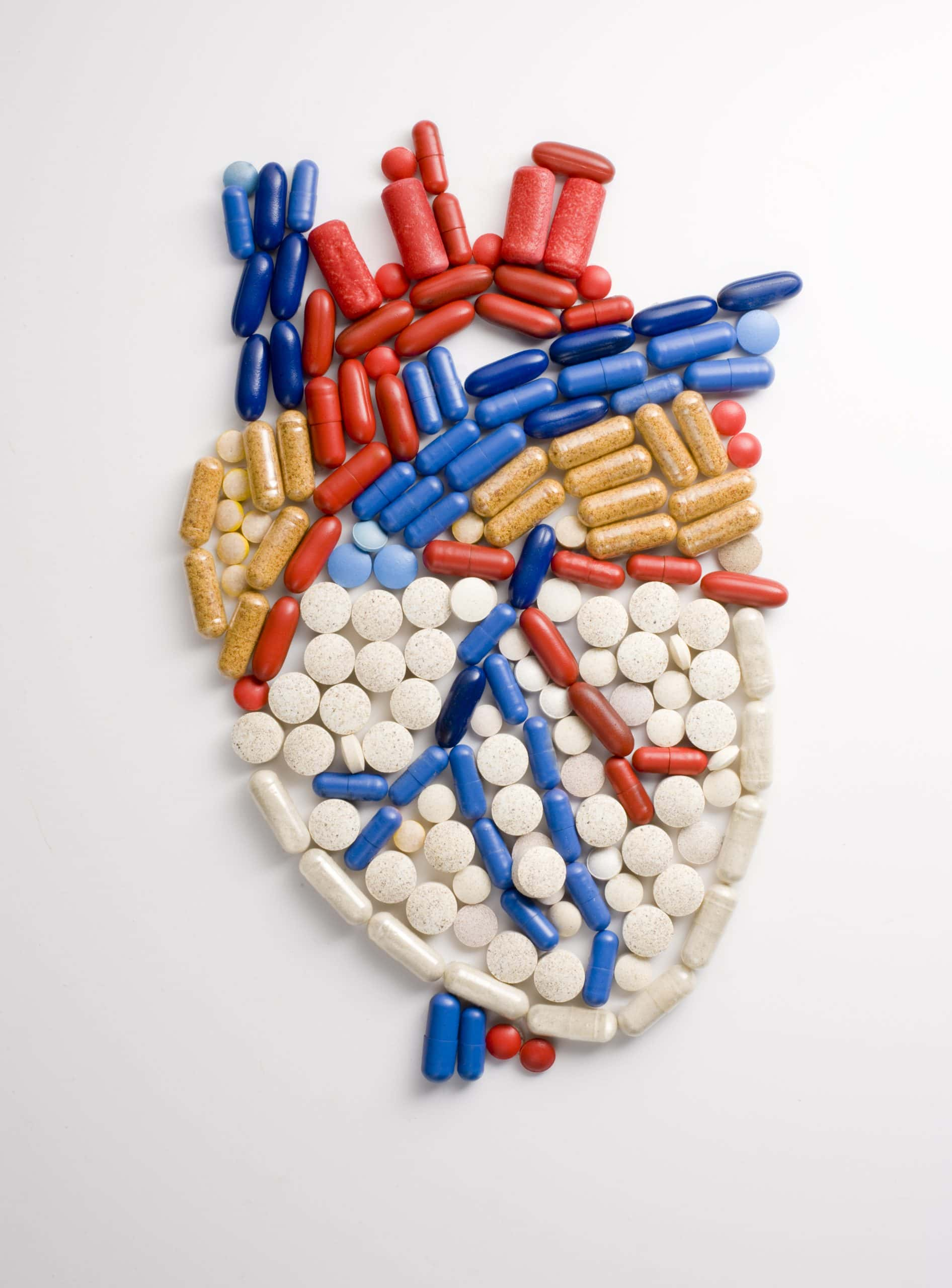New experimental drugs aiming to lower dangerous cholesterol levels have demonstrated safety and efficacy in two groundbreaking studies presented at the American Heart Association‘s annual meeting.

Both New experimental drugs focus on individuals genetically predisposed to high cholesterol, a condition not fully addressed by existing treatments like statins, diet, and exercise
The innovative approaches target specific genes associated with elevated cholesterol, aiming to alter the course of heart attack and stroke risks. The first new experimental drugs, developed by Verve Therapeutics in Boston, employ a gene-editing technique called base editing. Administered through IV infusion, it targets the PCSK9 gene responsible for “bad” cholesterol production, potentially providing a lifelong, one-time treatment. While early safety tests were positive, further research is essential.
The second new experimental drugs, lepodisiran, addresses high levels of lipoprotein(a) (Lp(a)), an extremely risky form of cholesterol. Unlike conventional methods, this novel approach interferes with the mRNA instructing the body to produce Lp(a). The new experimental drugs showed promising results, significantly lowering Lp(a) levels in a small study.
Although both treatments require extensive research before potential FDA approval, experts praise the revolutionary impact
Dr. Sahil Parikh from Columbia University anticipates a new era in therapeutic gene targeting for cardiovascular disease. The developments offer hope for those genetically predisposed to high cholesterol, including individuals with heterozygous familial hypercholesterolemia and elevated Lp(a) levels. Despite the need for further investigations, these groundbreaking new experimental drugs could represent a significant stride in cardiovascular care for high-risk populations.




